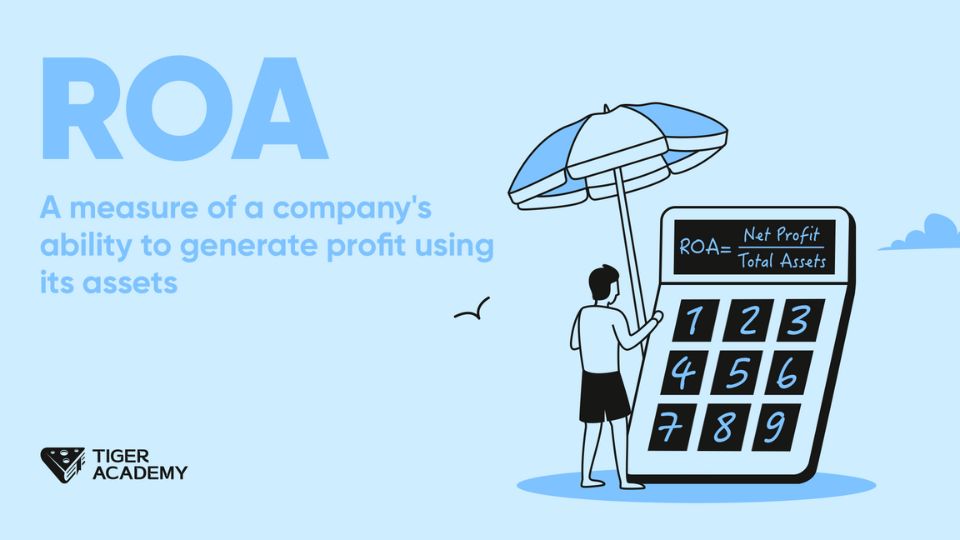
What is ROA?
Return on Assets (ROA) is an important financial metric used to measure a company’s ability to generate profits from its assets. The formula for ROA is: ROA = Net Profit / Total Assets.

Return on Assets (ROA) is an important financial metric used to measure a company’s ability to generate profits from its assets. The formula for ROA is: ROA = Net Profit / Total Assets.
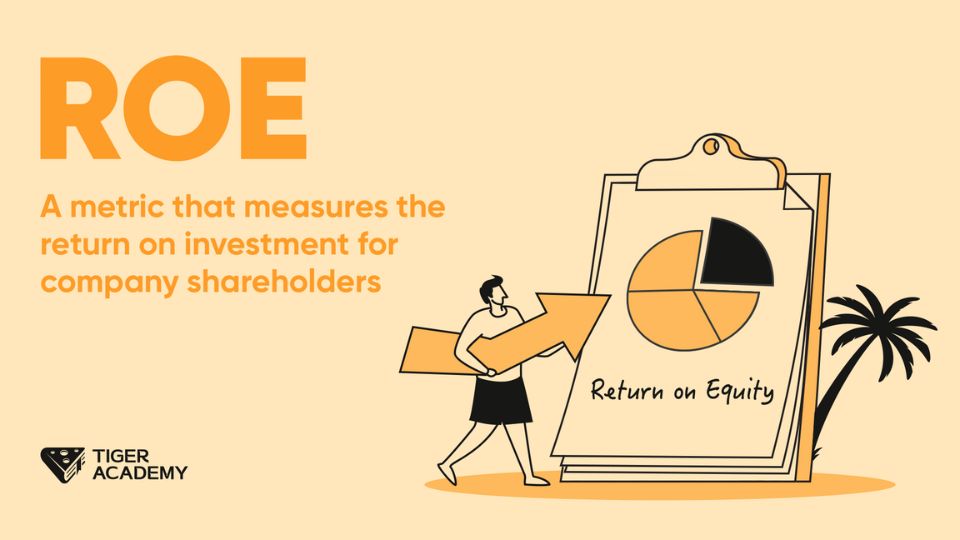
Return on Equity (ROE) is an indicator that measures the rate of return on shareholders’ equity and reflects the quality of a company’s profits and the management’s utilization of shareholders’ equity.
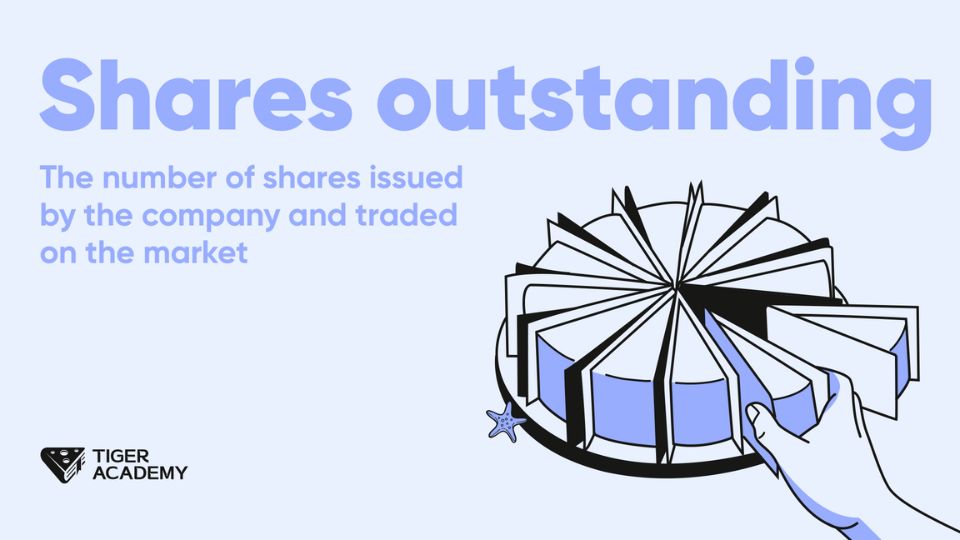
Shares outstanding refer to the number of company’s issued shares that are actively traded in the market. It is a crucial financial indicator, and understanding the shares outstanding of a company can assist investors in making more informed investment decisions.
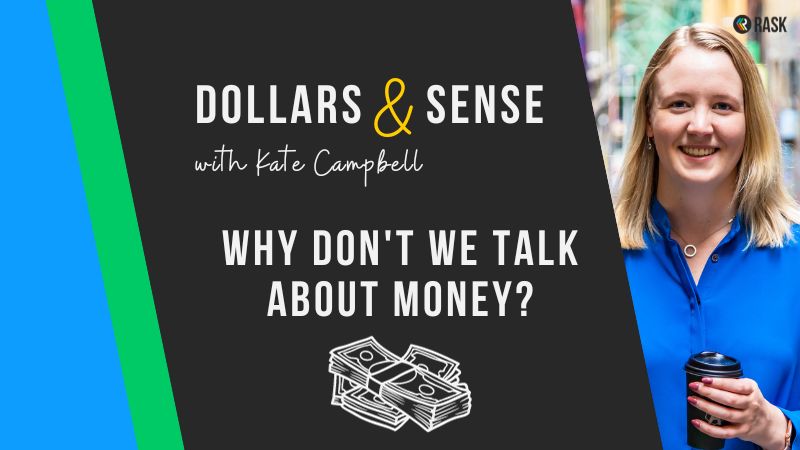
Many of us have been taught from an early age that we shouldn’t talk about money, but I think that the taboo does much more harm than good.
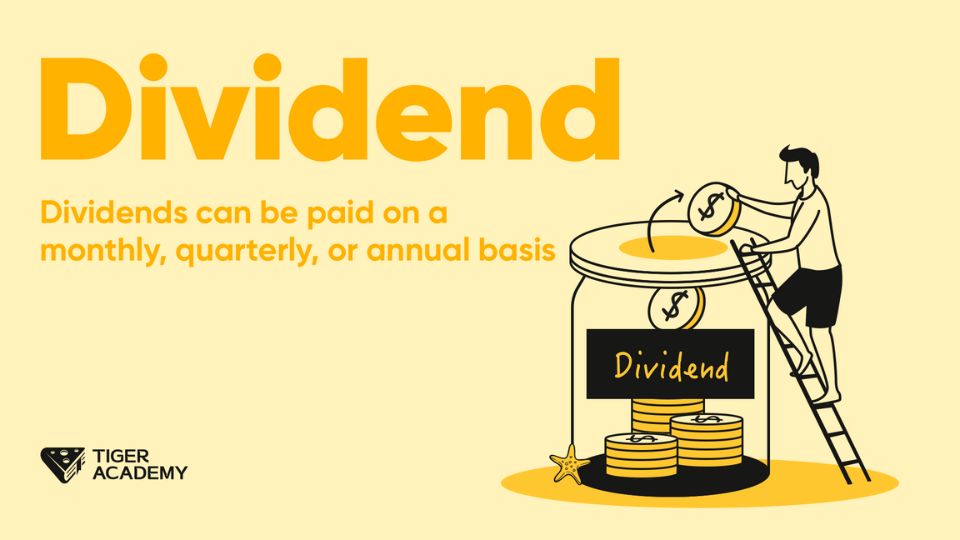
Dividend, also known as share interest, refers to the income distributed to shareholders by a corporation from its after-tax profits, which are derived from the withdrawal of reserves and surplus funds.
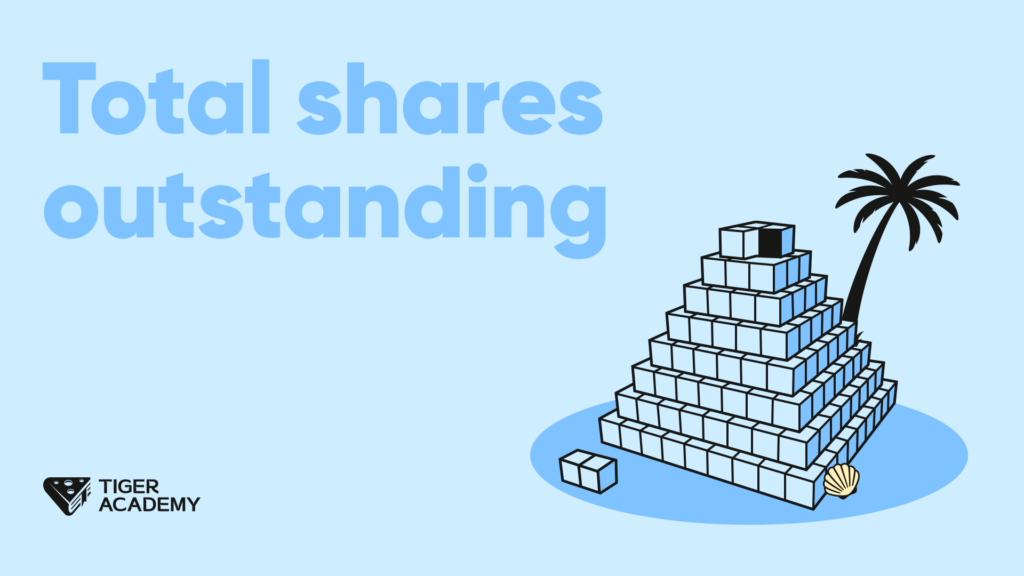
Total shares outstanding refer to the total number of shares issued by a company, also known as “total equity capital” or “total share capital.”
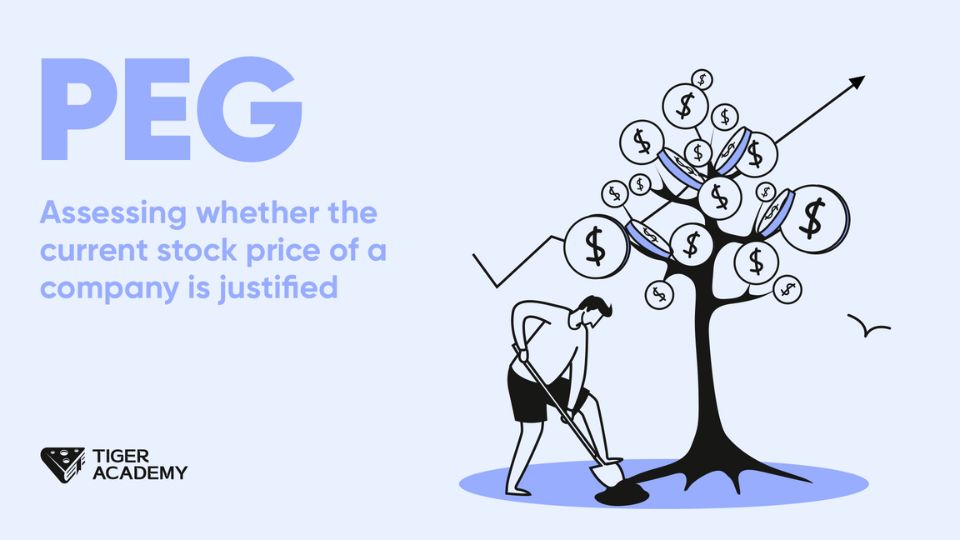
The PEG ratio is a comprehensive indicator that combines a company’s Price-to-Earnings ratio (PE) and earnings growth rate (EPS).
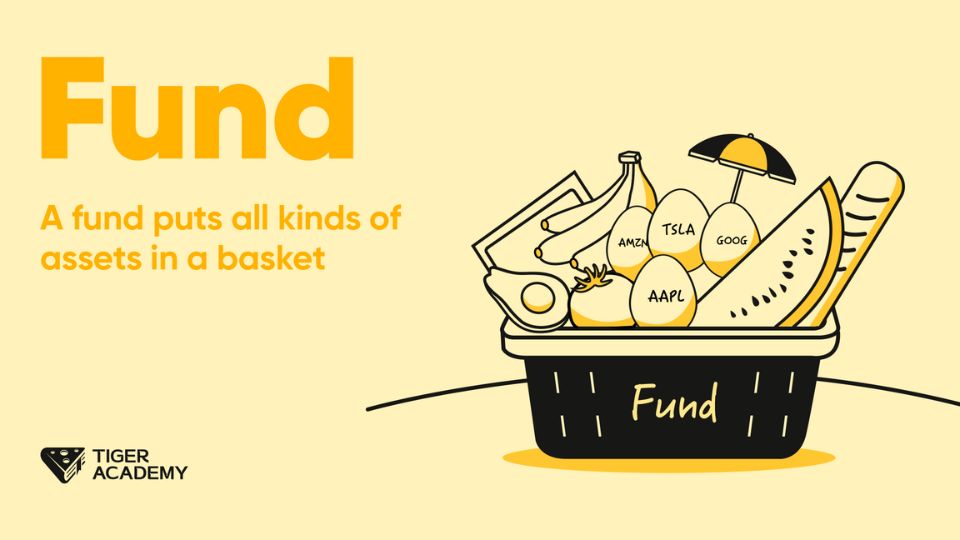
Fund refers to an investment product in which a fund company collects the money of many investors and makes a variety of investments to achieve returns according to certain rules.
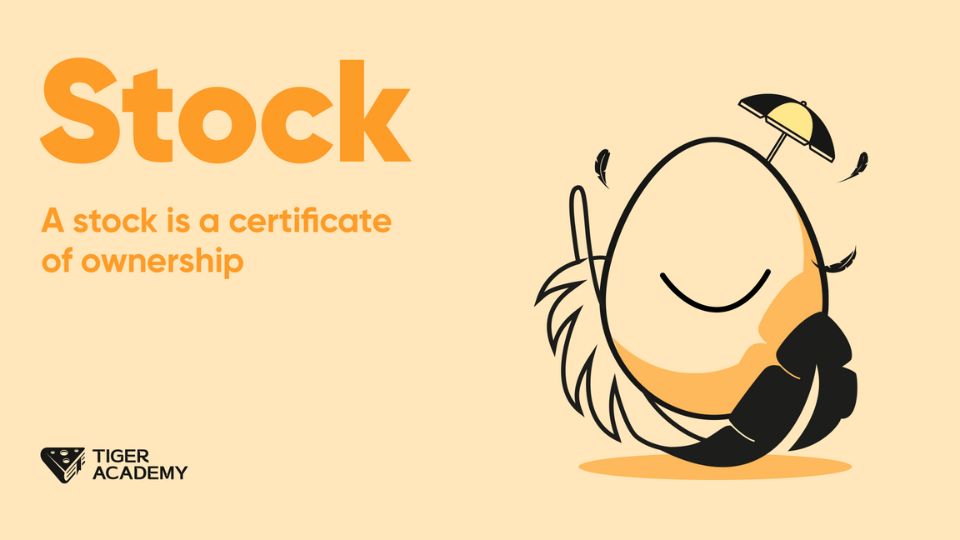
Stock is a certificate of ownership issued by a corporation. To raise capital, the company issues a certificate of ownership to each shareholder. In return, the company pays dividends and bonuses to shareholders.
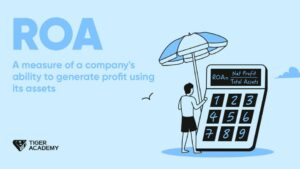
Return on Assets (ROA) is an important financial metric used to measure a company’s ability to generate profits from its assets. The formula for ROA is: ROA = Net Profit / Total Assets.
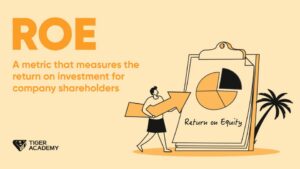
Return on Equity (ROE) is an indicator that measures the rate of return on shareholders’ equity and reflects the quality of a company’s profits and the management’s utilization of shareholders’ equity.

Shares outstanding refer to the number of company’s issued shares that are actively traded in the market. It is a crucial financial indicator, and understanding the shares outstanding of a company can assist investors in making more informed investment decisions.
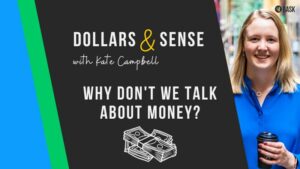
Many of us have been taught from an early age that we shouldn’t talk about money, but I think that the taboo does much more harm than good.
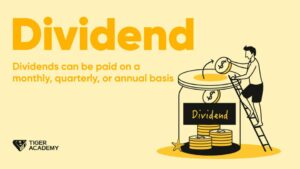
Dividend, also known as share interest, refers to the income distributed to shareholders by a corporation from its after-tax profits, which are derived from the withdrawal of reserves and surplus funds.

Total shares outstanding refer to the total number of shares issued by a company, also known as “total equity capital” or “total share capital.”
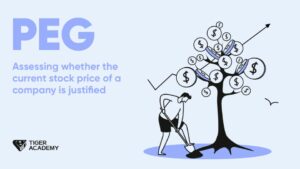
The PEG ratio is a comprehensive indicator that combines a company’s Price-to-Earnings ratio (PE) and earnings growth rate (EPS).
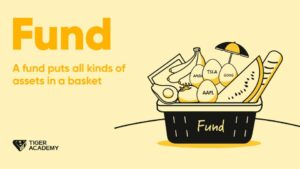
Fund refers to an investment product in which a fund company collects the money of many investors and makes a variety of investments to achieve returns according to certain rules.
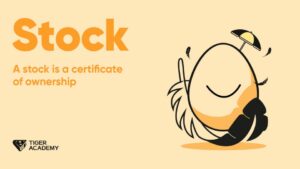
Stock is a certificate of ownership issued by a corporation. To raise capital, the company issues a certificate of ownership to each shareholder. In return, the company pays dividends and bonuses to shareholders.
Want to level-up your analytical skills and investing insights but don’t know where to start? We can help. Join 40,000+ Australian investors on our mailing list today and we’ll send you our favourite podcasts, courses, resources, investment articles and podcasts every week. Delivered to your inbox every Sunday morning. Grab a coffee and let Owen and the team bring you the best investment insights every week.